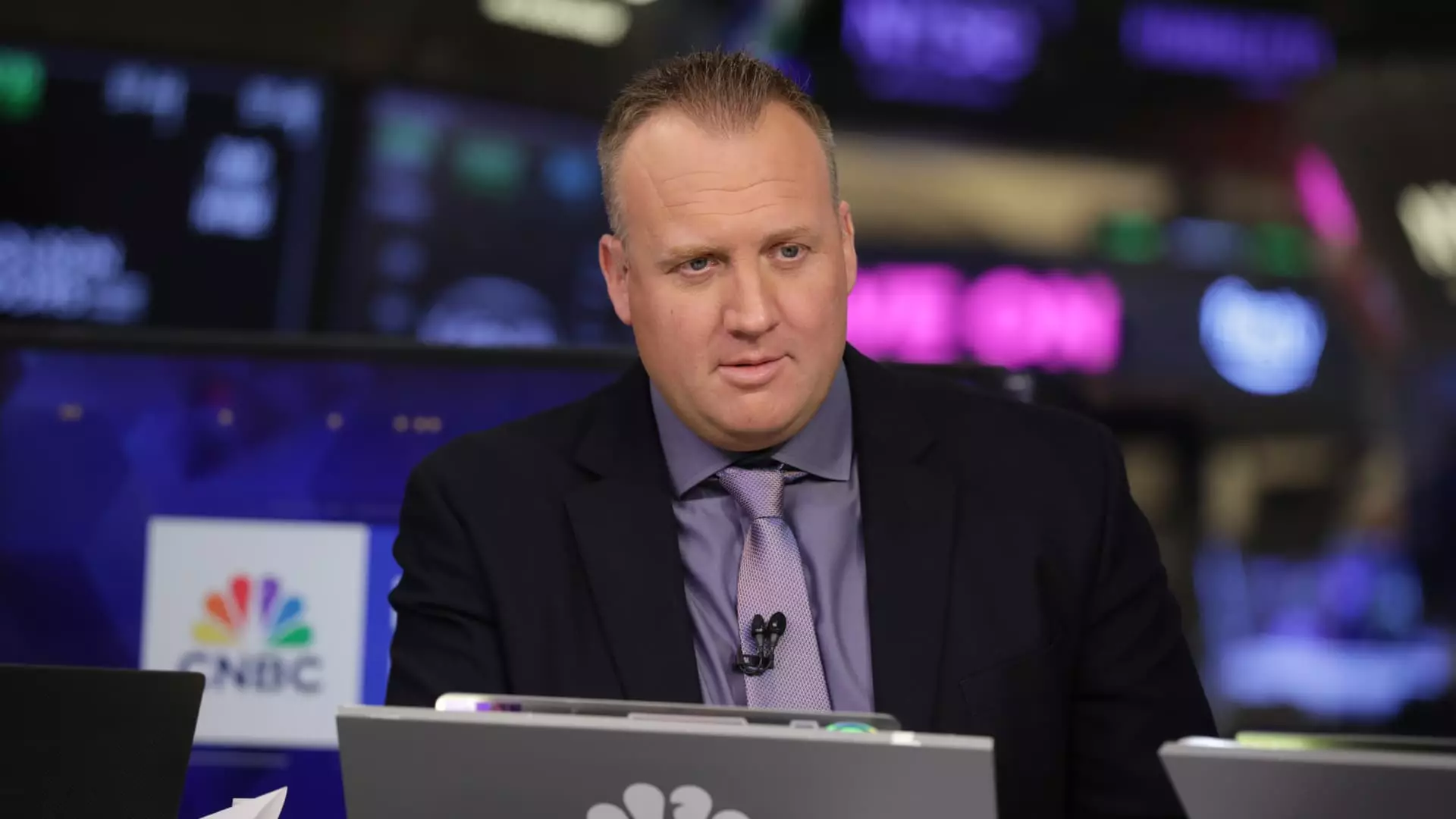Elon Musk’s public persona is as volatile as the stock of the company he leads, Tesla Inc. The recent spat between Musk and former President Donald Trump, played out in the court of public opinion on social media, draws attention not just for its unexpectedness but also for what it implies about the loyalties—and the critics—of Tesla’s investor base. Thursday witnessed a notable 14% drop in Tesla’s stock as the feud hit social media, only for it to rebound with a crisp 5% increase the very next day. This rocky performance is the latest chapter in the soap opera that is Tesla, but perhaps, for most investors, it’s merely entertainment wrapped in a rich opportunity.
Investors’ Blind Faith: The Tesla Paradox
Josh Brown, CEO of Ritholtz Wealth Management, calls Tesla a “nothing-matters stock.” On some level, that might ring true. It is baffling that shares can swing wildly based on Twitter skirmishes while significant challenges loom over the company. For instance, Tesla is ceding market share to competitors, struggling with rising production costs, and grappling with geopolitical tensions that could hinder supply chains. Yet, despite these glaring issues, investors seem unfazed. They misinterpret Tesla as a tech company leading the charge on automation and artificial intelligence, not just an electric vehicle manufacturer.
Is this framing delusional? It’s easy to scoff, yet a prevailing sentiment exists that the road to self-driving, robotic taxis is the next gold rush. This notion underpins Musk’s claim that car sales are consequential only as a vehicle—pun intended—to realize this elusive future. Investing in Tesla has grown, in many ways, akin to a religious experience. The fervor surrounding the stock makes one wonder: is rationality sidelined in favor of cult-like loyalty?
The Bear Market Conundrum
It’s compelling to consider how much the market has discounted Tesla as it fell more than 25% in 2025. Yet, the potential for a “buy the dip” sentiment looms large. Investors showcasing a remarkable ability to overlook tangible losses points to a uniquely optimistic (or perhaps naïve) outlook. Brown remains both intrigued and baffled by the steadfast loyalty of Tesla’s shareholder base. There’s no shortage of companies with more credible performance metrics that could be better investment opportunities, yet they languish in the shadows while Tesla’s posturing continues to entice.
Whether the investor base is acting rationally or emotionally remains a matter of debate. This perplexity raises an alarming question: does the stock have intrinsic value beyond speculative earnings expectations derived from dubious future concepts?
The Illusion of Rationality
To typify Tesla as a ‘nothing matters’ stock may be misleading; indeed, it is reflective of a broader issue in the market. Investors today frequently engage in behaviors that verge on herd mentality. The action taken by Musk and his Twitter rival Trump illustrates how external drama can overshadow the quintessential elements that dictate stock values. Fundamental analysis takes a backseat in favor of narratives and personal brands—a troubling trend in any market.
Brown’s dismissal of Tesla’s current market share struggle can be viewed as an incredible misjudgment of what sustaining a business truly means. Turning a blind eye to such factors can have dire consequences as investors chase phantom promises layered within Musk’s grand vision.
A Cautionary Tale
Ultimately, the situation surrounding Tesla provides an excellent case study in the delicate interplay between innovation, perception, and stock market viability. Investors must remain cognizant that dramatic inflations in stock prices—especially those built on speculative foundations—often lead to significant corrections when reality sets in. Such scenarios can transform the theater of enthusiasm into a stage of harsh realizations.
While the applause surrounding Tesla may continue for a while, an undercurrent of skepticism is vital as it guards against the blindness of faith. In trying to envision the future of transportation and technology, investors must ensure they do not lose sight of the present landscape fraught with risks and realities. Regular evaluations of performance metrics are paramount to maintaining a healthy balance between faith and reason in the rollercoaster world of stock investing.

